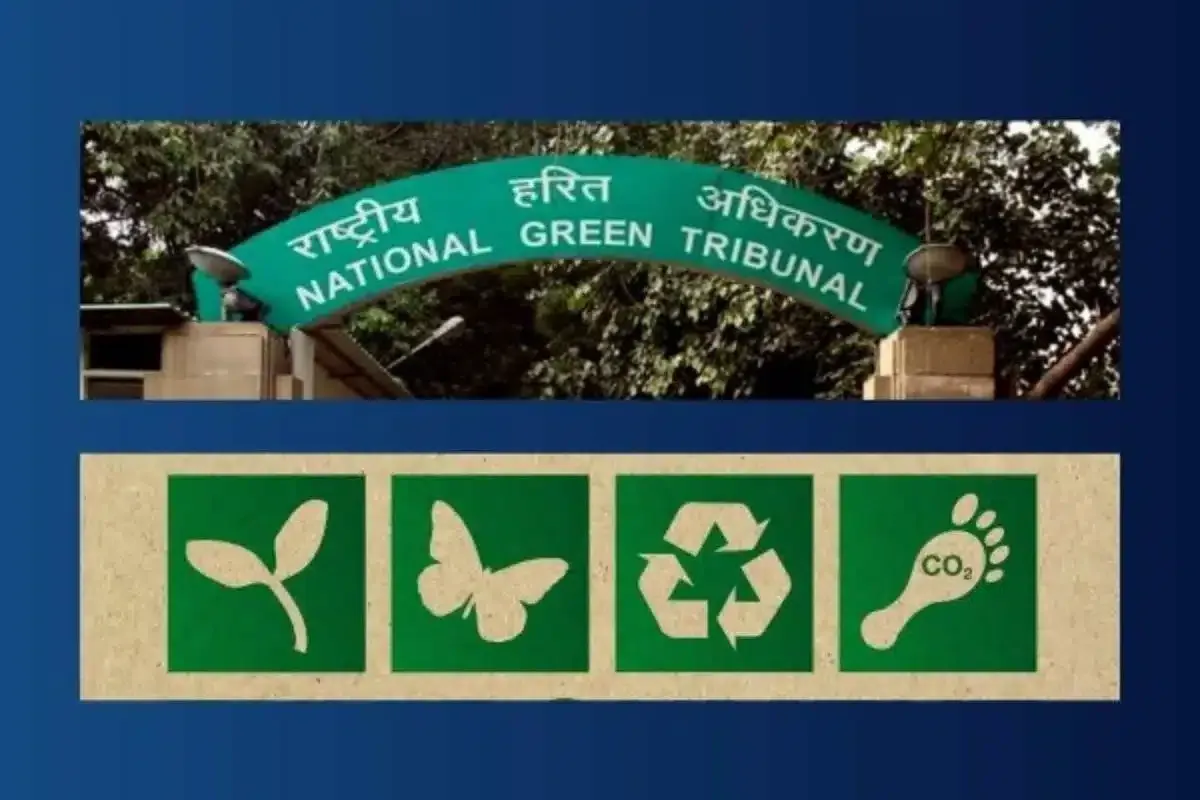Justice B. Amit Sthalekar of the National Green Tribunal’s (NGT) eastern bench expressed dissatisfaction with the Assam government for failing to provide information on the number of trees cut or saved during the construction of the four-lane highway between Boko and Aazra in Kamrup district. On May 13, 2024, Justice Sthalekar raised concerns about whether “material information is deliberately being withheld” from the court. The next hearing is scheduled for July 24, 2024.
The case was initiated suo motu based on an October 27, 2023, news article in NorthEast Now, which reported that the National Highway Authority of India (NHAI) plans to cut down over 2,000 trees in lower Assam for the highway construction. The article included a statement from internationally acclaimed actor Adil Hussain, who argued that the highway could be constructed without cutting down the centuries-old trees.
Adil Hussain has publicly criticized the Assam government and NHAI’s plans to remove the trees. In a video message, Hussain expressed his deep connection to the greenery along the route from Guwahati to Goalpara, stating that he cannot imagine his home without these trees. He also highlighted his observations from developed countries where roads, despite heavy rainfall, do not require constant repairs and trees are preserved.
Hussain urged the Assam government and NHAI to reconsider their plans and explore alternatives that would save the trees. He praised filmmaker Rima Das for her efforts to protect the trees and encouraged Assamese people to emulate developed countries like Holland, where authorities are accountable for tree cutting. “First-world countries don’t need to cut down trees to achieve development. They take care of their trees, water bodies, and the environment. In places like Holland, the authorities are accountable to the public if they cut down a tree for any reason,” said Hussain.
The Assam government, in an affidavit dated April 4, 2024, stated that the Indian Council of Forestry Research and Education in Dehradun was commissioned by the Union Ministry of Environment, Forests and Climate Change (MoEF&CC) in 2020 to document best practices and technologies for tree transplantation instead of cutting during infrastructure projects. The Forest Research Institute in Dehradun conducted a study, gathering data from various states, and submitted a report on tree translocation in India to MoEF&CC.
However, the report was not included in the affidavit. Additionally, the standard operating procedure (SOP) referenced in the affidavit was not fully disclosed; only portions were mentioned, without details on the date or signatories of the SOP. Statistics regarding the trees that could be saved or those that could not be saved according to the SOP were also missing from the affidavits submitted by Assam.
Follow Ground Report for Environmental News From India. Connect with us on Facebook, Twitter, Koo App, Instagram, Whatsapp and YouTube. Write us on GReport2018@gmail.com and subscribe our free newsletter.
Don’t forget to check out our climate glossary, it helps in learning difficult environmental terms in simple language.






